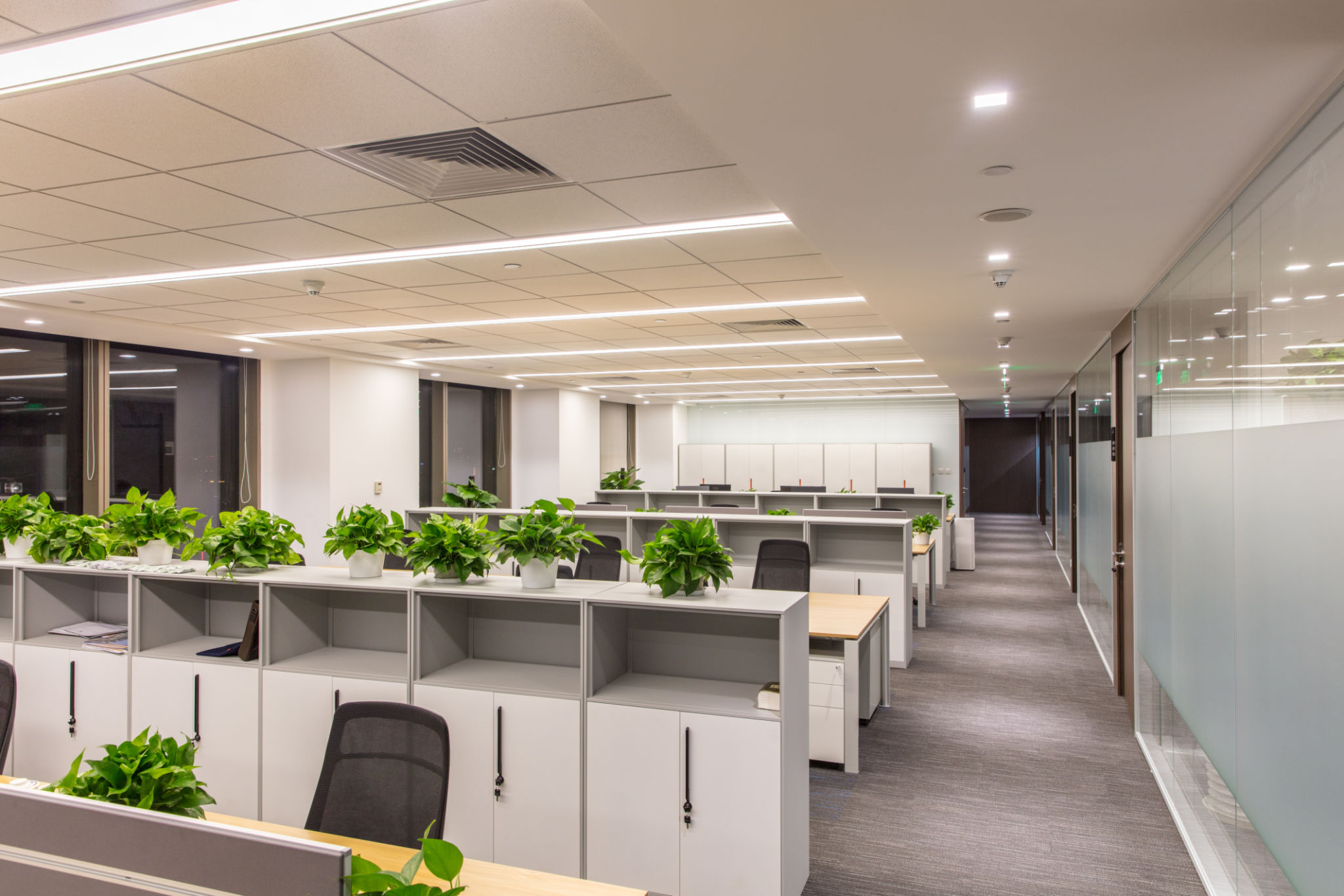Myth-Busting: Common Misconceptions About Office Leasing
EI
Understanding the True Cost of Office Leasing
One of the most common misconceptions about office leasing is the idea that it's far more expensive than it actually is. Many businesses believe that leasing an office space involves hidden costs and exorbitant fees. However, the reality is often quite different. Leasing agreements are designed to be transparent, and most landlords are upfront about all associated costs, including utilities, maintenance, and other operational expenses.

It's important to understand that leasing allows businesses to predict their expenses more accurately than owning a property would. With fixed lease rates, companies can budget accordingly without the unexpected costs that often accompany property ownership, such as repairs and property taxes.
Flexibility in Lease Agreements
Another myth surrounding office leasing is the lack of flexibility in lease agreements. Many believe that once a lease is signed, they are locked in for an extended period without any room for negotiation or adjustment. This is not always the case. In fact, many landlords offer flexible lease terms that can be tailored to suit the specific needs of a business.

From short-term leases to options for expansion or downsizing, there are numerous ways to customize a lease to align with a company's growth trajectory. This flexibility is particularly beneficial for startups and small businesses that may experience rapid changes in their space requirements.
Myth of Limited Customization
Many businesses shy away from leasing office space due to the belief that they will have limited ability to customize the space to fit their brand and functional requirements. Contrary to this myth, most modern office leases allow for a significant degree of customization. Tenants can often negotiate build-out allowances or improvements as part of their lease agreement.
Landlords understand that a well-designed office space enhances productivity and employee satisfaction. As such, they are usually willing to accommodate reasonable requests for customization, ensuring that the leased space aligns with the tenant's brand identity and operational needs.

Leasing vs. Buying: A Comparative Perspective
There is a prevalent belief that buying office space is always a better investment than leasing. While owning property can offer certain tax advantages and long-term equity, it also comes with significant responsibilities and financial commitments. Leasing, on the other hand, provides businesses with the flexibility to adapt to changing circumstances without being tied down by property ownership.
For many companies, especially those in rapidly changing industries, leasing offers an opportunity to allocate resources more strategically. It allows them to focus capital on core business activities rather than property management, which can lead to greater overall growth and success.

The Environmental Impact of Office Leasing
A lesser-known aspect of office leasing is its potential environmental benefits. Many modern office buildings are designed with sustainability in mind, offering energy-efficient systems, green certifications, and access to public transportation. By leasing space in these eco-friendly buildings, companies can reduce their carbon footprint and contribute positively to environmental sustainability.
This environmental consideration is becoming increasingly important as consumers and clients alike prioritize sustainability. Leasing an environmentally conscious office space can enhance a company's reputation and demonstrate its commitment to responsible business practices.
